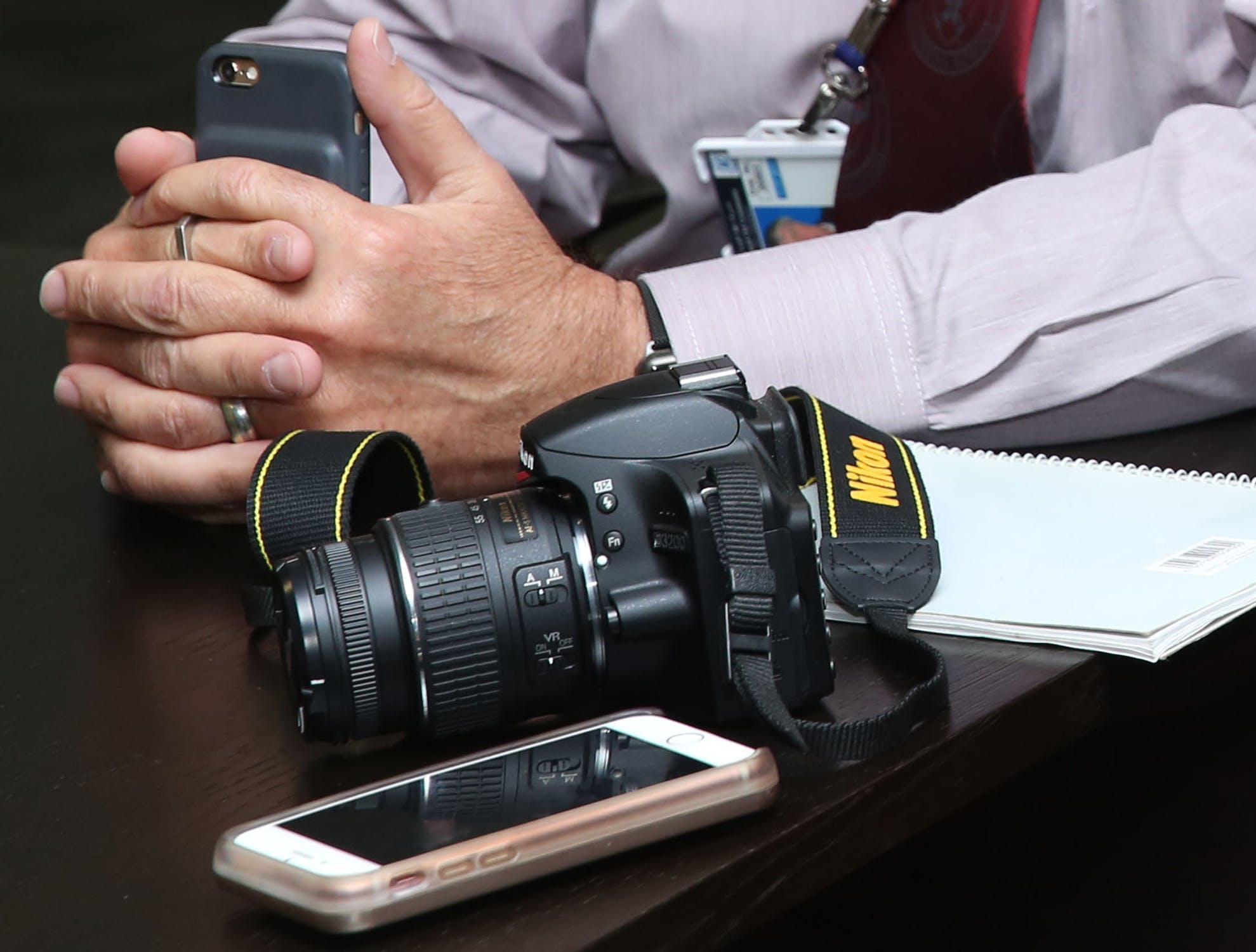
Journalism is a profession surrounded by legends and myths, big stories and controversial comments; it has its own history, its own heroes and “dark spots.” At the level of the mass consciousness, the mention of journalists provokes reactions ranging from delight to criticism, depending on who is being discussed, who is making the assessment and in what context the profession is being discussed.
There is one thing everyone agrees on: journalism is a powerful tool for influencing public opinion. Whether it is politics, culture, economics; entertainment and fashion, health and theater, international relations and technology – in all spheres of society, the media form opinions, assessments and conclusions. Therefore, perhaps the most important thing that should concern a true professional is the compliance of his actions with the principles of ethics.
After all, wielding a powerful tool, the word, one can carry out a humanitarian mission (to make the world a better place) or one can manipulate and sow discord. It would seem that you should choose a “safe” niche so that you do not have to make moral choices. For example, write about fashion, cars, or growing flowers. The trick is that in any field you can tell the truth or lie, present information objectively or biased, feel personally responsible or put it on the editor-in-chief and editorial policy. People who have already made the moral choice to be objective, responsible and humane should enter the profession.
Talking about journalism in general is a thankless task, because there are so many directions in this specialty. Try to compare the work of a reporter who shoots a video from a hot spot and a journalist-blogger who writes about bodybuilding. The technique of finding materials, their presentation, the degree of risk, the cost of time and mental – diametrically different. On the other hand, there are commonalities among professionals from different fields:
- The desire and ability to always be “on message.” No matter what a journalist writes about, his information is valuable if it is relevant. Whether it is about events or trends, the journalist must focus on what is important and relevant.
- The ability to analyze large amounts of information in a short time, the ability to separate the important from the unimportant. Journalistic materials are usually prepared under conditions of strict deadlines, so there is little time for orientation, searching for facts, evidence, checking the reliability, and preparing the material itself (text, audio or video recordings, photos). Under conditions of psychological stress, it is necessary to gather information, present it in a structured form understandable to the reader, often (though not always) with conclusions based on verified facts and reliable expert opinions.
- Communicative. It is difficult to succeed in this specialty if you are not prepared to constantly communicate with people, and not every interlocutor is open to dialogue and friendly.
- Courage. A true journalist is always in search of something special: a story, a story-line, information, people. Sensational materials are always unexpected. Their birth is preceded by a lot of work, luck, risks, often – being in discomfort, physical or mental, danger. All of this is for an idea, a subject, where you are a pioneer and an information Columbus.
- Scrupulosity. Attention to detail is important for an objective picture of what is happening. In addition, at the stage of collecting material you have to correctly organize and systematize it in order to process it in a short time and draw conclusions.
- Courage. You have to knock on doors where you are not wanted; to encourage the contact with people who are not inclined to communicate; to get out of conflict situations with honor; sometimes to save your own life.
- Analytical mindset. Everyone has heard the expression “investigative journalism.” It’s really an investigation, when you have to make a big picture out of disparate facts and use your intellect, intuition, and perspective.